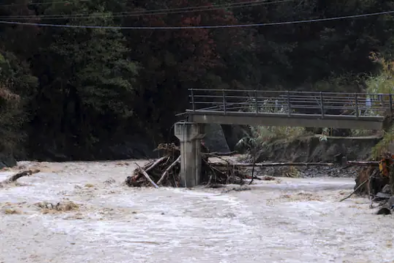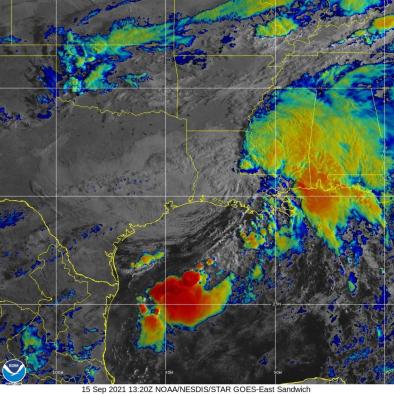Science Source
Robust Responses of the Hydrological Cycle to Global Warming
- States that a number of important aspects of the hydrological response to warming are a direct consequence of the increase in lower-tropospheric water vapor
- States the hydrological cycle cannot keep up with the rapid increase in lower tropospheric vapor
- Examines some aspects of the changes in the hydrological cycle that are robust across the models, including: the decrease in convective mass fluxes, the increase in horizontal moisture transport, the associated enhancement of the pattern of evaporation minus precipitation and its temporal variance, and the decrease in the horizontal sensible heat transport in the extratropics
- Finds a robust decrease in extratropical sensible heat transport only in the equilibrium climate response (the equilibrium annual and global mean surface temperature response to atmospheric CO2 doubling from a pre-industrial level) and not in transient (time-dependent) climate change scenarios
- Finds that in the Northern Hemisphere there is no reduction in the sensible heat transport despite the reduction in the zonal-mean temperature gradient at low levels associated with polar amplification of the warming
- Finds that if you assume lower-tropospheric relative humidity and the flow of moisture transport is unchanged, the transport of moisture toward the pole and the pattern of evaporation minus precipitation (E - P) increases proportionally to the lower-tropospheric vapor -- it follows that wet regions get wetter and dry regions get drier
- States that all of these robust responses are consequences of the increase in lower-tropospheric water vapor
- Authors concludes that—to the extent that we have simple plausible physical arguments that support the model consensus—we believe that one should have nearly as much confidence in these results as one has in the increase in temperature itself
Related Content
Headline

Dec 17, 2021 | Climate Nexus Hot News
'Obviously Extraordinary, Unprecedented' Storm Rips Across Central US
Headline

Nov 19, 2021 | Climate Nexus Hot News
Thousands Stranded By British Columbia Floods
Headline

Oct 13, 2021 | Washington Post
Deluge in Italy sets European record: 29 inches in 12 hours
Headline

Sep 15, 2021 | Climate Nexus Hot News
Nicholas Pours Drenching Rain On Already Battered Gulf Coast


